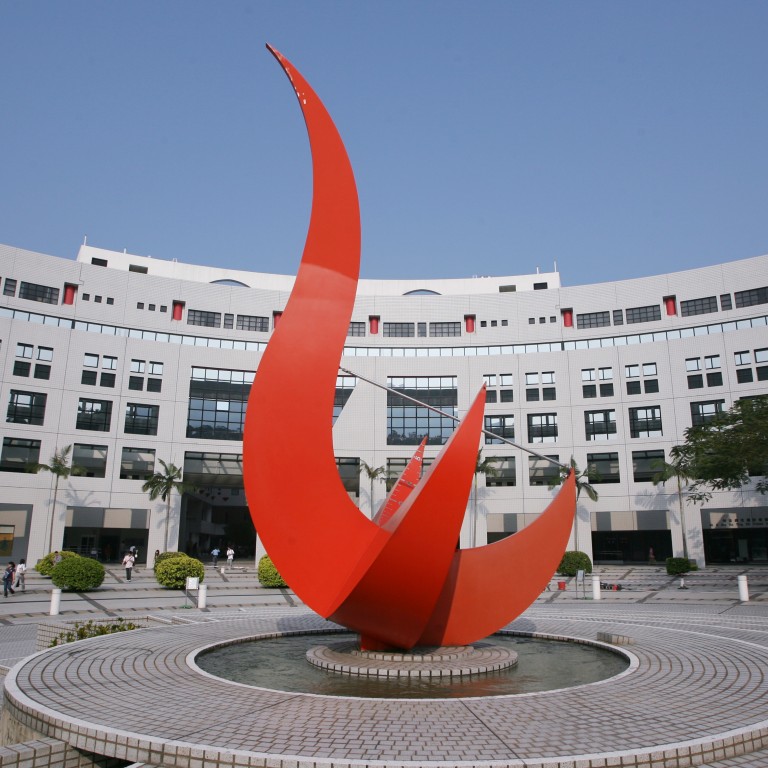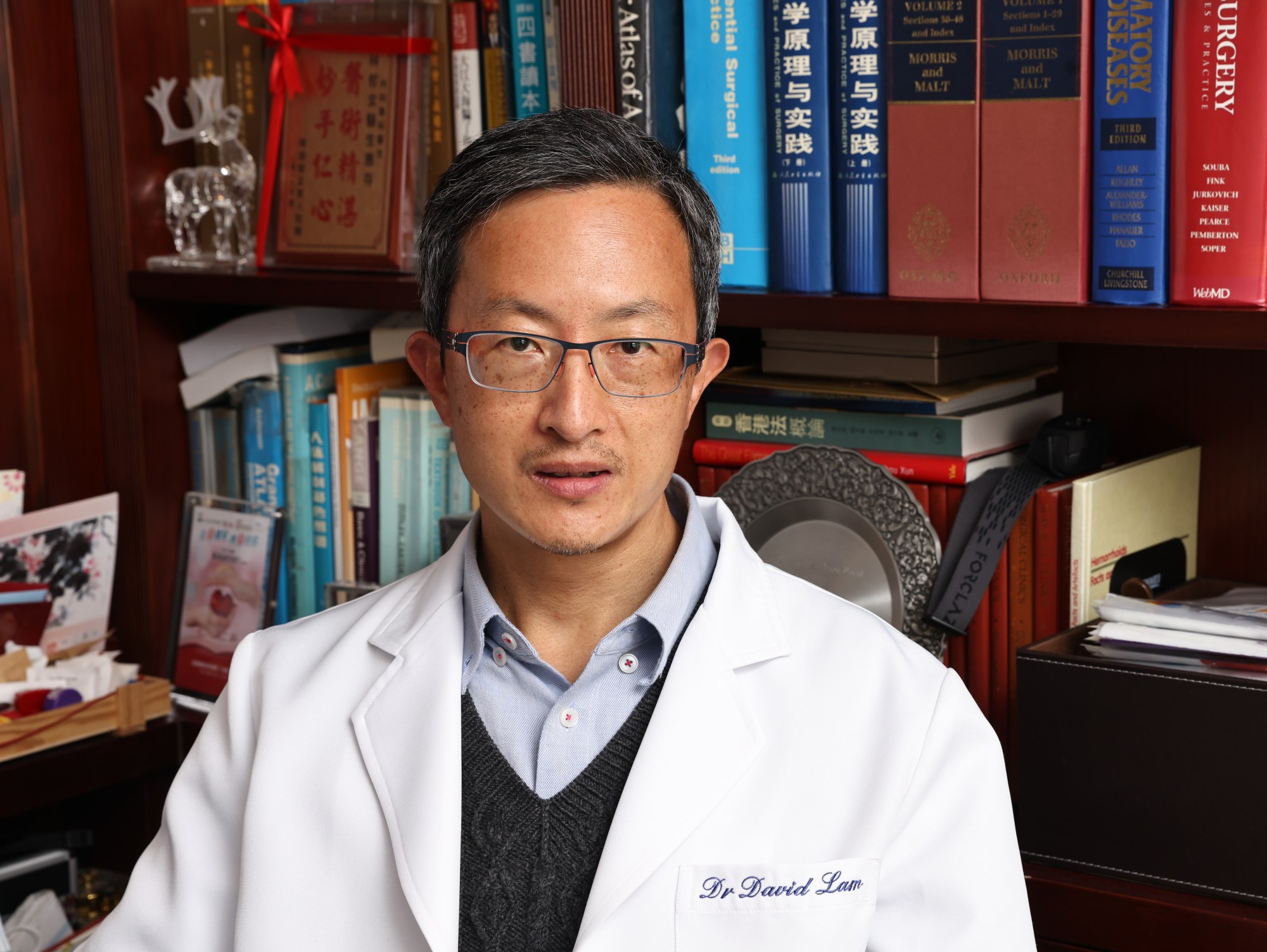
Third Hong Kong medical school can boost city’s research hub status, but teaching hospital shortage may pose obstacles: lawmaker, patient group
- Hong Kong University of Science and Technology unveils plans to open a new medical school
- Sector lawmaker David Lam Tzit-yuen warns hiring teaching staff from overseas will not be easy
Setting up a third medical school in Hong Kong could boost the city’s status as an international research hub in the field, but a lack of teaching hospital capacity could present challenges, a lawmaker and the head of a patient group said on Friday.
The Hong Kong University of Science and Technology (HKUST) earlier this week unveiled plans to open a new medical school, which it said would focus more on research.
Under the proposal aiming to align with the city’s vision to become a regional biomedical research hub, students would be admitted in the next two to three years.

While university council member Rock Chen Chung-nin told the Post earlier that the school would enrol post-secondary students, lawmakers who met varsity president Nancy Ip Yuk-yu said it would also run a postgraduate programme, targeting those with a bachelor’s degree in a different subject whose expertise could benefit the medical sector.
“If a student with a background in artificial intelligence, for example, joined the programme, they could really benefit research,” medical sector lawmaker David Lam Tzit-yuen told a radio programme, adding subjects such as engineering and genetics would also be helpful.
In the long run, a new medical school would boost the city’s status as an international educational hub for the field, he added.
Hong Kong University of Science and Technology proposes setting up medical school
“If anyone from overseas or mainland China studies medicine in Hong Kong, and in time, they become a prominent professor or dean, or they show a preference to come to the city for research purposes, that would be a significant boost to Hong Kong’s position in medical education,” he said.
But the lawmaker warned of several challenges on the horizon, including building a top-tier institute with laboratories equipped to study human anatomy, arranging collaborations with hospitals that had enough capacity for teaching purposes and ensuring graduates met the standards to qualify as doctors after finishing their studies.
“It will also not be easy to hire teaching staff, who will be recruited globally,” he added.
Alex Lam Chi-yau, a lawyer and chairman of advocacy group Hong Kong Patients’ Voices, told the same radio programme that Tseung Kwan O Hospital, near the university, was too small for the purposes of teaching.
But he noted that Chinese University did not have Prince of Wales Hospital as its teaching facility when its medical school was founded in 1981, and students had their lessons at various hospitals across the city.
He suggested HKUST could use Queen Elizabeth Hospital as a teaching facility until it had its own training hospital.
Experts recommend Hongkongers receive latest Covid jab targeting XBB strain
The chairman expressed optimism over the recruitment of professors.
“Both of Hong Kong’s existing medical schools are in the world’s top 30. We have seen highly qualified overseas academics working in Hong Kong,” he said. “In particular, if research is the staple of the school, that could be an attraction to different specialists to share their experience and train our local doctors.”
He added that the new medical school could choose to focus on offering training in areas the city was in need of. “If students know the local language and are familiar with the living environment of Hong Kong, they would be the best option for providing medical services in the city,” he said.
“Would we consider collaborating with the bay area for medical students to come train in Hong Kong? It would be best if they also spoke Cantonese,” he said, adding non-local doctors who understood the local language would satisfy patients’ needs the most.
The bay area refers to Beijing’s initiative to integrate Hong Kong, Macau and nine mainland Chinese cities into an economic powerhouse.

